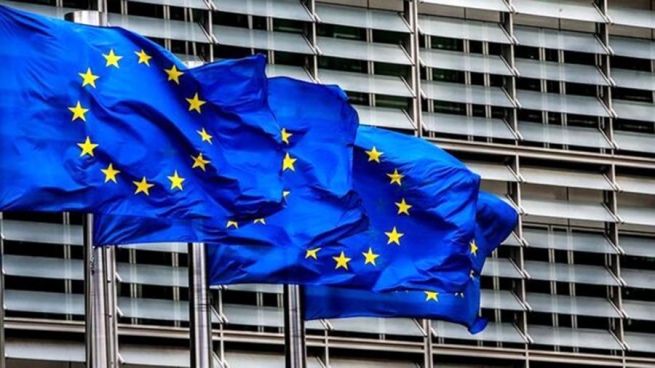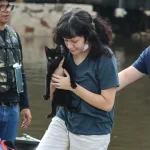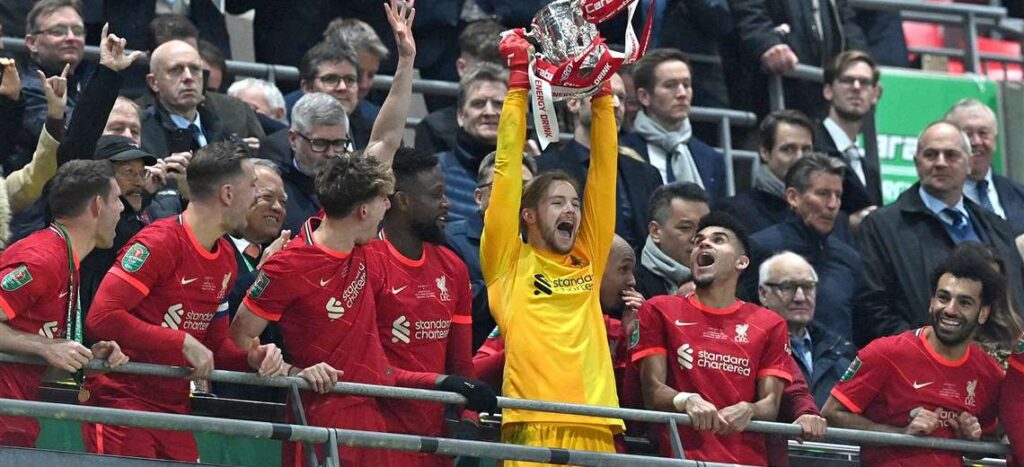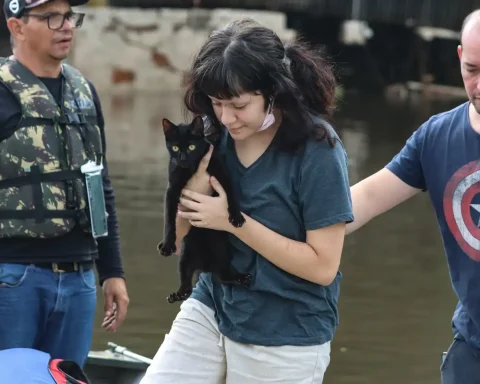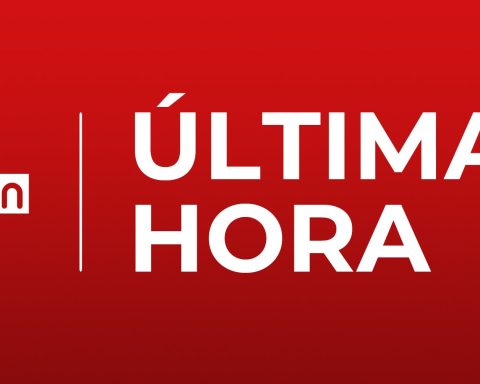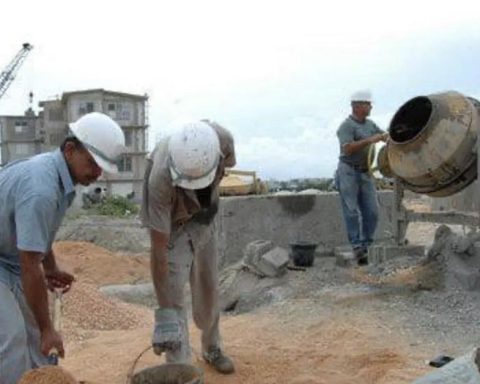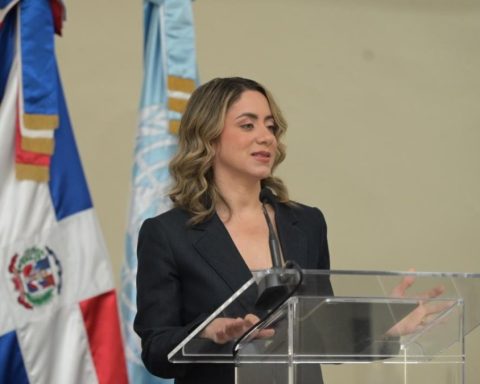Russian President Vladimir Putin’s decision to invade Ukraine has confronted him since Thursday with a growing range of sanctions ranging from the strictly economic, such as excluding Russian banks from the Swift financial system or the blocking of Russian Central Bank transactions by of the European Union, to sports sanctions, such as the request of several countries for Russia to be excluded from the World Cup in Qatar.
Among the sanctions aimed at undermining the Russian economy, the foreign ministers of the countries of the European Union (EU) reached a political agreement this Sunday to block financial transactions with the Russian Central Bank, announced the head of European diplomacy, Josep Borrell, quoted by the AFP agency.
With this measure “more than half of the reserves of the Russian Central Bank will be paralyzed, since they are kept in establishments in G7 countries,” said Borrell, who stressed that the measure should be implemented before the opening of the markets tomorrow. .
The 27 members of the EU also agreed to allocate 450 million euros to send to Ukraine lethal weapons and ammunition, to which they will add another 50 million for fuel and medical supplies.
“We are even going to send fighter planes. We are not just talking about ammunition. We are providing major weaponry for a war“said the Spanish official at the end of a videoconference of European foreign ministers.
The aircraft order had been made by the Ukrainian Foreign Minister, Dmitro Kuleba. But the approved amount allows us to infer that it would not be more than one or two planes, since F-35 fighter jets are estimated to cost between $90 million and $130 milliondepending on how they are equipped.
“The EU is a peace project, we want to preserve peace in Europe but we must be prepared to defend that peace”, because “this war needs the commitment (of the EU) to support the Ukrainian Army”, added Borrell.
“We are living through unprecedented times, as happened in a pandemic. We face the plague of war as in biblical times,” said the head of European diplomacy before stressing that this will be “the first time in history that the EU will provide lethal material to a third country,” said the head of the bloc’s diplomacy.
European ministers also agreed to the coordinated closure of European airspace to Russian airlines and private jets.
Another of the agreements that the Twenty-seven have closed in the extraordinary virtual meeting is exclude “certain Russian banks” from the Swift system of financial communications and prohibit the access of the Russian Central Bank to its reserves deposited in European banks.
These measures still need to go through the formal procedure to be legally adopted, which Borrell has said will happen in “hours” and will “greatly affect” the Russian economic system. “More than half of the reserves of the Russian Central Bank will be frozen,” he stressed.
Before the videoconference with the ministers, Borrell already warned that “another taboo had fallen” regarding the European Union not providing weapons in a war because
European ministers also agreed on the coordinated closure of European airspace to Russian airlines and private planes and also announced a ban on broadcasting in the European Union to the Russian state media Russia Today and Sputnik, which the bloc holds responsible for spreading “Putin’s war lies”.
The President of the European Council, Charles Michel, recorded a message to express European support for Ukraine and recognition of the courage of Ukrainians who “heroically” defend their freedom and democracy, while confirming that the EU is working to organize “the emergency delivery of defensive military equipment”. “Weapons, ammunition, rockets and fuel are on their way to your troops”declared Michel, quoted by Europa Press.
This decision is complementary to the one taken yesterday by Western powers to exclude several Russian banks from the Swift international payment system, key in international transactions, and impose “restrictive measures” on the Russian central bank.
“We are committed to ensuring that certain Russian banks are removed from the Swift messaging system. This will guarantee the disconnection of these banks from the international financial system and will harm their ability to operate globally,” the powers said in a joint statement released yesterday by the White House after the meeting held by the leaders of the European Commission, France, Germany , Italy, the United Kingdom, Canada and the United States.
In terms of sport, there are several countries, including France and the Czech Republic, that pose as a certain possibility the exclusion of Russia from the next World Cup.
Ukraine had called for Russia’s expulsion from the Swift and the Foreign Minister, Dmitri Kuleba, had affirmed today that “technical preparations have already begun” to take this measure, considered the harshest economic sanction against the Kremlin, amid the reluctance of some European countries due to the consequences that it may have this to ensure the supply of Russian gas.
As well Canada announced this Sunday the closure of its airspace to Russian planes in response to Russia’s invasion of Ukraine that began four days ago. With similar measures already adopted or communicated yesterday by other European nations, the new announcements imply the formation of a wide and growing zone closed to Russian air traffic in Europe, which implies enormous diversions for the planes.
Canada joined its European allies and took the same step, the first American country to do so, said its transport minister, Omar Alghabra. Similar decisions had already been adopted or announced on Saturday by Lithuania, Estonia, Poland, the Czech Republic, Bulgaria and Slovenia.
Russia, for its part, responded in the same way to the first announcements of airspace closures and prohibited its airlines from Bulgaria, Poland and the Czech Republic.
On the sporting level, there are several countries, including France and the Czech Republic, that pose as a certain possibility the exclusion of Russia from the next World Cup, which will take place at the end of this year in Qatar. A measure that would affect the social climate in the country that hosted the last contest.
